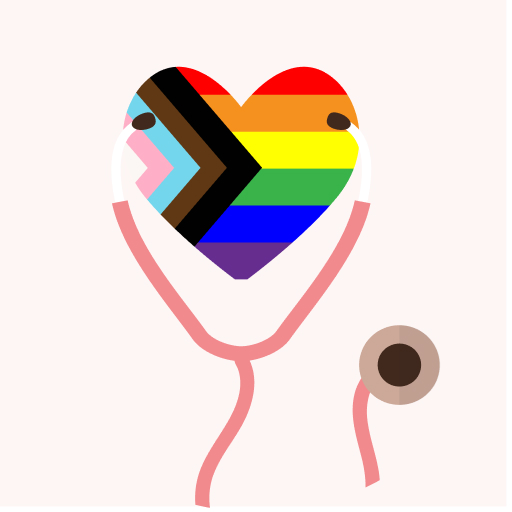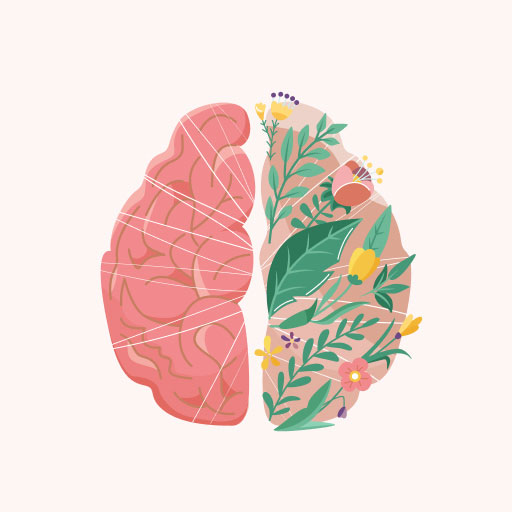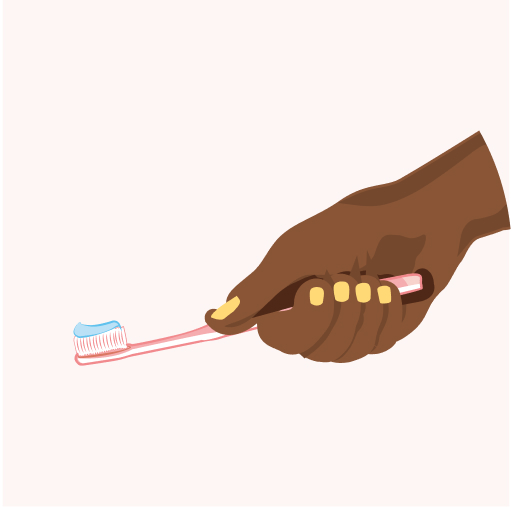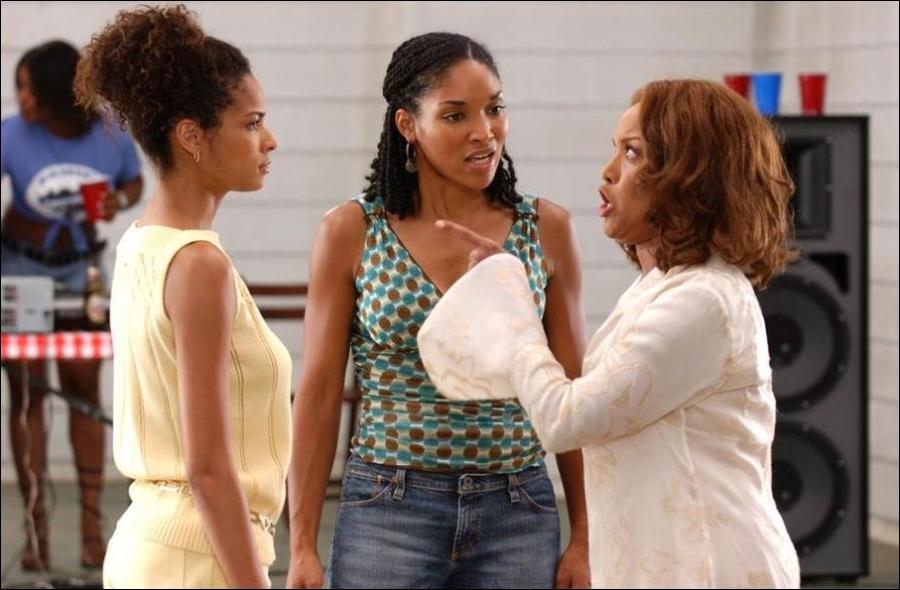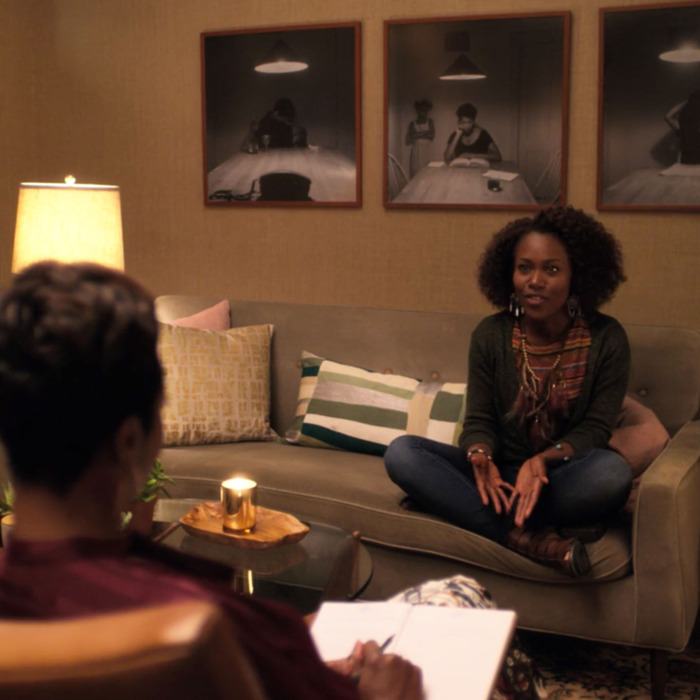
Filling in the Gap: Why I Wrote A Book About Depression and Trauma for Women of Color
As an author, a woman of color, psychotherapist, coach/consultant, I decided to give voice to women globally about the epidemic of depression and trauma women of color suffer in silence due to the continued stigma attached to seeking and receiving mental health treatment. The mission began several years ago when I noticed a surge in women of color, particularly African American and Latina women, coming into treatment for issues related to suffering but not necessarily identifying it as “depression”; in fact, it was presented in psychotherapy as “relationship stress, physical illnesses, vocational stress, parenting stress, or low self-esteem.”
Interestingly, when talking with my non-minority psychotherapists/colleagues, rarely are they able to make the connection between being a minority woman and the impact of being mentally ill, or suffering an emotional disorder. And, there is clearly a lack of research literature to guide the training of future psychotherapists/clinicians. There were no training programs or internships when I was in graduate school that addressed the universal experiences of women of color who battled mental illness. I was trained in a mainstream Eurocentric/European worldview model where white male theorists did not consider cultural variables as significant. Even now we know that the number one factor in providing quality psychiatric care is the relationship between the client and the clinician. Everything else is all relative. Most theories and therapies share similar concepts and tools, but they are practiced slightly different. However, there are no theories and therapies that are specifically tailored to women of color.
As a mental health practitioner, I want to address the paucity of information in the literature regarding culturally relevant and healing practices for women of color as well as the lack of adequate training and supervision models for non-minority clinicians. I’ve made it my purpose to explore the intersection between race, gender, and ethnicity and its impact on appropriate and effective mental health care. Ineffective and inadequate models of care will result in overlooked symptoms and will pathologize cultural expressions of pain.
Several years back when I began research for writing my book titled “Women of Color Talk” the only reference I could find that addressed the African American woman and mental health was written by Leslie Jackson and Beverley Greene. The book title is Psychotherapy with African American Women: Innovations in Psychodynamic Perspectives and Practice. At the time, I was searching for specific information to inform my practice with the women of color I was treating. There were no other books as thorough as this one, at least, that I was able to locate. Drs. Jackson and Greene are licensed psychologists who sought out to capture the clinical narrative of the state of the African American woman because of the understudied, overlooked, and distorted topic based on stereotypes. The psychologists noted that “…it also seems rare that the literature of psychology examines the difficulties that African American women face unless their losses somehow affect the greater segments of society.”
We are suffering in silence until it impacts productivity, revenues, health care crises, etc. We matter. We need to know it. Drs. Jackson and Greene further assert that we in psychology have looked past the illness and death, the loneliness and pain, the broken relationships and the crises of self-doubt that African American women experience. We have also ignored the cultural and social situations that contribute to mental, emotional, and physical problems.
My book specifically addresses the psychotherapy and cultural issues as it relates to primarily African American women, from the perspective of the observer (myself as a psychotherapist) and the storyteller, which are the narratives shared by the hundreds of women I’ve treated and had the opportunity to meet along their journey.
My desire is to show how the mainstream, dominant white culture has missed the mark on assessing and evaluating the cultural expressions and symptoms of a mood problem in Black women. The book also explores the impact of psychological trauma on African American women. For many years’ people only believed that war veterans were victims of Posttraumatic Stress Disorder (PTSD). We know that black women have not traditionally been thought of as a group that may also suffer from PTSD. Over the years of providing psychotherapy for African American women, their psychological narratives have been colored by years of unspoken abuses. Trauma at the hands of family members, experiences of racism, sexism, abandonment, rejection, self-hatred, and the residual effects and pain of keeping generations of family secrets have left emotional and physical scars.
My book gives voice to those who have been silenced for years. What I know about psychological trauma is the devastating long-term effects it has on one’s emotional psyche. I know that there are many women who have yet to begin to tell their story of abuse and trauma. Many cases of sexual trauma and abuse go unreported or are underreported because the woman fears judgment and ostracizing from her own family and in her community.
I write and share the voice of hundreds of Black women that sit on the couches of psychiatrists/psychologists/counselors with the courage to tell their story, their struggle with years of family secrets, years of abuse, exploitation, rape, depression, anxiety, mistreatment, injustice and the chronic medical conditions that develop from trauma to the mind, body, and soul. The narratives shared in the book are from compilations of black women from all walks of life. What they share in common is their story of having a mental illness or at the least their experiences with seeking and receiving help for emotional stress.
What I have learned throughout this journey is that once you share your story, it no longer solely belongs to you. We, the reader, your audience, your tribe, etc. are now witnesses to the pain and trauma you endured and come along aside you in your recovery and healing. Sharing your story is therapeutic for you and will serve others as well.
To purchase the book, click here.
More Content
Mental & Behavioral Health
The Art of Self-Care - How to “Treat Yourself” Effectively
Given the last several years of the...
Mental & Behavioral Health
How Your Mother Wound Impacts Your Self-Perception
It is your mother who teaches you...


